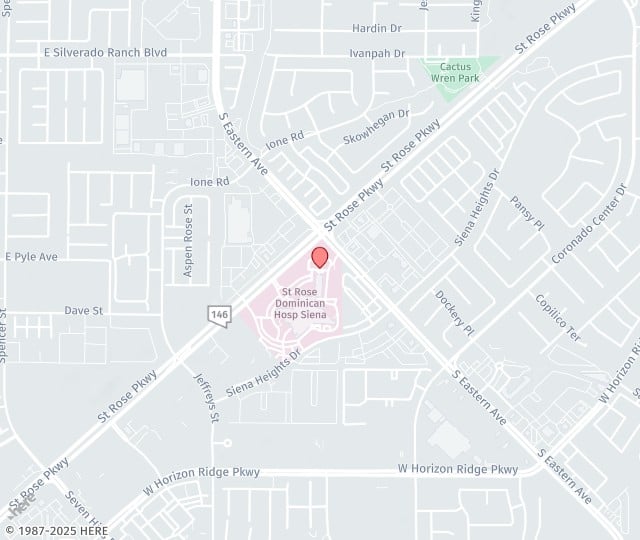The regular usage of herbal medications and supplements is widespread in our plastic surgery population. 25% of patients report regularly using herbal medicines. While these supplements offer many health benefits, they are deleterious when it comes to elective surgery. It is important that patients who are undergoing an elective procedure stop all nonessential medications and herbal supplements approximately 2 weeks before surgery, just to be safe. Here’s a list of some of the more frequently encountered medications I routinely see in my practice and possible side effects that can be encountered with surgery:
Chondroitin and Glucosamine are usually taken for symptoms of arthritis. These medications are structurally similar to the blood thinner, heparin, which thins the blood and prevents clotting. Patients who take these medications are at risk for bleeding complications and excessive bruising, similar to effects seen with all non-steroidal anti-inflammatory medications such as aspirin, ibuprofen, Motrin, and Aleve, just to name a few. Glucosamine can also cause hypoglycemia.
Ephedra (Ma-huang, Ephedrine) promotes weight loss and increases metabolic rate. Phentermine prescribed for weight loss is also frequently seen in my patient population. Side effects include psychiatric disturbances, heart attack, and cardiac arrhythmias. These medications and general anesthesia do not mix. Patients taking these stimulatory medications can experience severe hypotension (dangerous lowering of blood pressure) under general anesthesia, and I have seen this personally. It is essential that patients stop these medications at least 2 weeks before surgery to avoid serious life-threatening complications.
Echinacea is often used for the prevention and treatment of infections and arthritis. It has immunostimulatory effects and can affect metabolism of other drugs. Patients on Echinacea risk poor wound healing. They can also experience excessive sedation from muscle relaxers or antianxiety medication like Valium or Xanax, drugs that are commonly prescribed with surgery.
Gingko Biloba is used to improve blood flow to the body and brain. Individuals take it to improve memory (ex. Alzheimer’s disease) and circulation to the extremities. Therefore, increased bleeding can result from surgery, and reports of spontaneous bleeding in the brain and eye have been reported with excessive use.
Goldenseal is used as a laxative and anti-inflammatory. It can cause diarrhea and affect metabolism of other drugs. Surgically, this can correlate with dehydration, medication toxicity, excessive postoperative sedation, and sensitivity to light. Exposure to UV or laser light is contraindicated. Other side effects include irritation of the skin, mouth and throat.
Fish Oil is a source of omega 3 fatty acids and is taken for presumed cardiovascular benefits, similar to a daily aspirin, to decrease risks for heart attacks and stroke. It decreases the ability of the blood to clot so that bleeding and bruising complications can arise from surgery. Other side effects include diarrhea, acid reflux, acne, and increased risks for infections.
St. John’s Wort is used to treat depression, anxiety, insomnia, and mild infections. After a surgery, it can lead to excessive postoperative sedation, cardiovascular problems, photosensitivity, and swelling.
Valerian and Kava are mild anxiolytics and helps with sleep. After undergoing a surgical procedure, it can lead to problematic postoperative sedation.
Ginger is used as a mild anti-inflammatory, anti-emetic, and for sore throat. Taking this medication in conjunction with surgery can result in preoperative bleeding.
Garlic and Ginseng are used to lower blood pressure and cholesterol. Continued usage during surgery can result in bleeding complications.
Vitamin E is an antioxidant commonly taken to support your brain, cardiovascular, and respiratory systems. Many claims have been made about vitamin E’s potential to promote health and prevent and treat disease. The mechanisms by which vitamin E might provide this protection include its function as an antioxidant and its roles in anti-inflammatory processes, inhibition of platelet aggregation, and immune enhancement. Vitamin E inhibits platelet aggregation and antagonizes Vitamin K dependent clotting factors. Patients who take more that 400 IU/day are at increased risk of bleeding from surgery. The small amount of Vitamin E in a multivitamin (30 IU) or topical vitamin E used for skin care is usually not significant enough to cause a problem with surgery.
There are many other herbal medications, vitamins, and supplements that individuals take on a regular basis. Many side effects and drug interactions are unknown. When undergoing an elective surgical procedure, it is always best to stop all non-essential medications and vitamins, to keep surgery as safe as possible for you. Take only Tylenol for minor aches and pains leading up to a surgical procedure. Antihistamines and a daily multivitamin are also safe. Avoid nicotine products, which decrease circulation to the skin and impair wound healing. For longer procedures, stop birth control pills and hormones to decrease risks for deep venous thrombosis (blood clots in the legs) and pulmonary embolus. For a more comprehensive list of specific medications to avoid in anticipation of surgery, please ask our office. Time frames for discontinuation are generally 2-3 weeks before and after surgery, with variations and exceptions made depending on the individual and specificity of the medication required.
Dr. Hayley Brown MD, FACS
Breast Augmentation Las Vegas Surgeon
Desert Hills Plastic Surgery Center, Henderson and Las Vegas, Nevada


